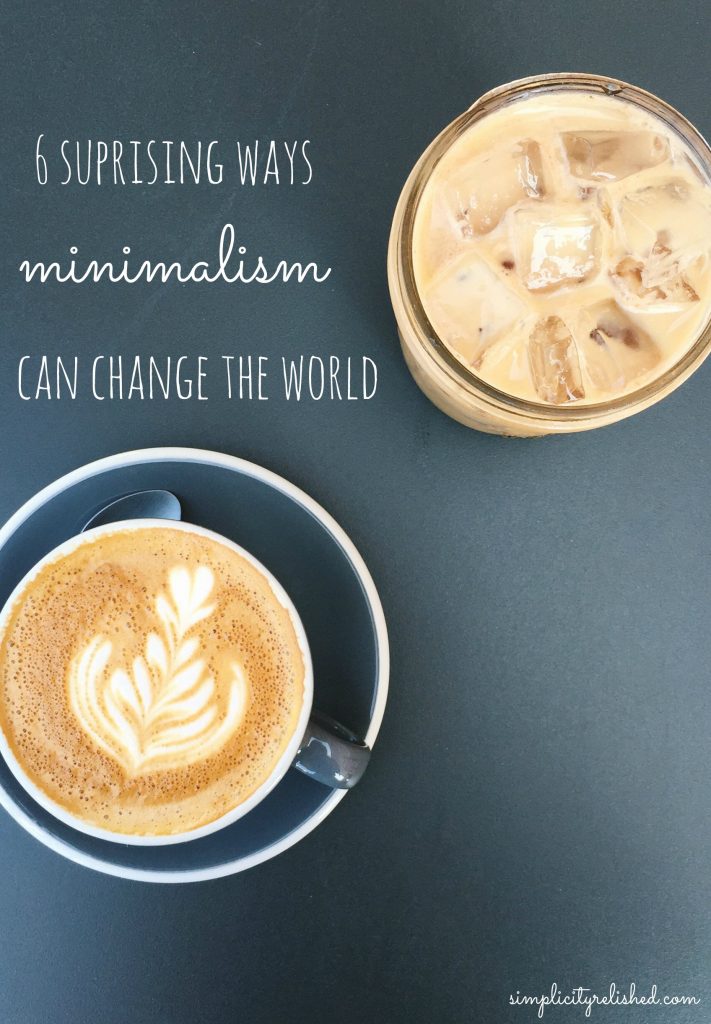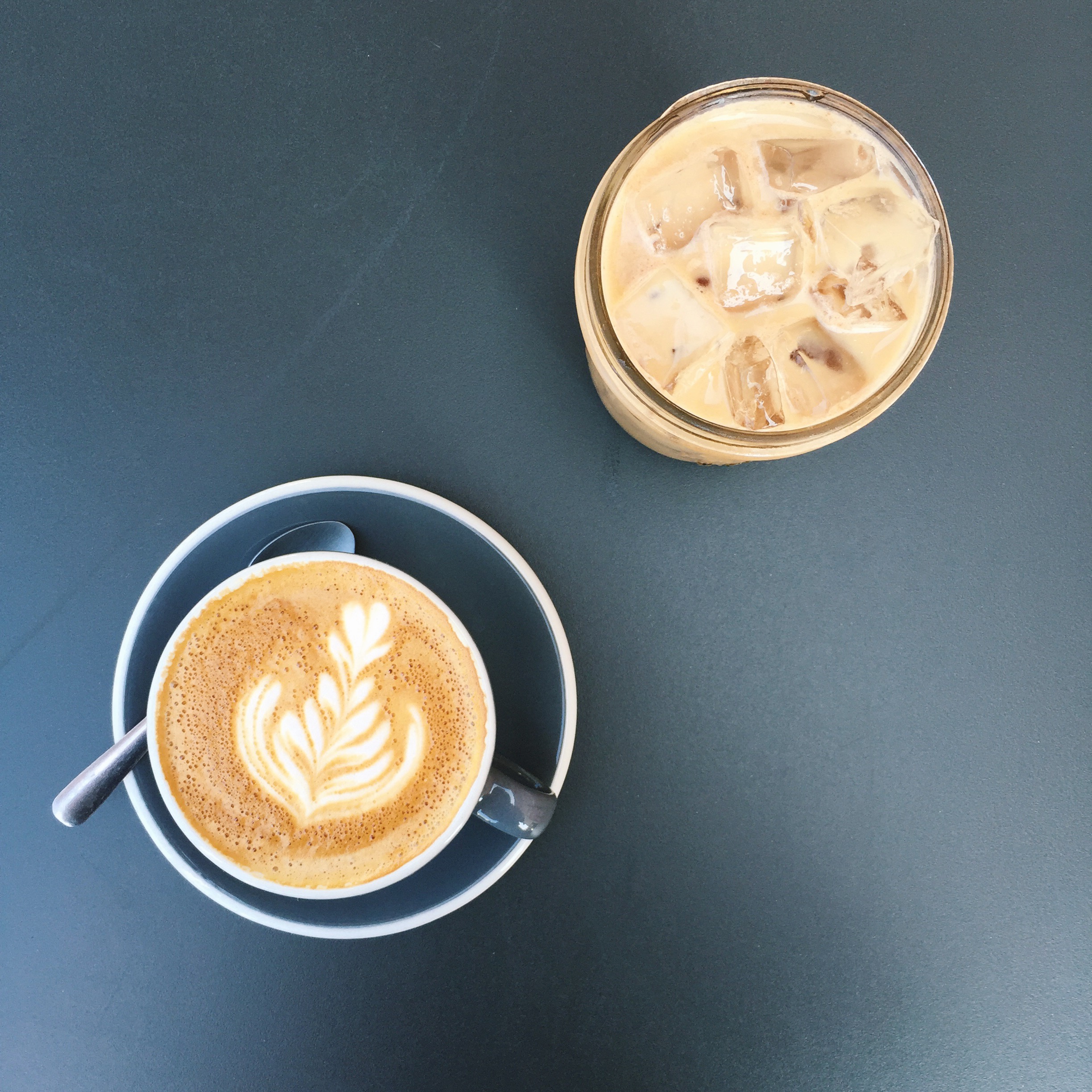At church this past weekend, our pastor made a point about how we misunderstand the purpose of our faith, or of spirituality in general. The stories we read and tell about God are often used to put us to rest; they provide the relief we seek in the midst of lives fraught with stress, conflict, and disappointment.
However, the truth is that these stories were written thousands of years ago for a very different purpose. They were written to wake us up– not to help us fall asleep at night. They were written to dramatically change the way we lived, first in relation to God, to ourselves and to our loved ones, and then eventually in connection with the wider world.
It is all too common for us to annex half-truths for the lone purpose of soothing our weary souls. And sometimes, that’s exactly what we need in the moment. But if we allow ourselves to stop there– in that space where we feel comforted and reassured– then we’ve only embraced a small fraction of the transformation that can take place.
The power (and powerlessness) of minimalism
Whether you consider minimalism to be a philosophy, a truth or a guiding principle, its effects rely entirely on what you decide to pursue.
According to Joshua Becker, a key thought leader of today’s minimalism movement, minimalism is the intentional promotion of the things we most value and the removal of everything that distracts us from it (source).
So if the thing we most value is to enjoy life, achieve our personal and professional goals, and go on the most epic vacations, that’s what minimalism will help us to do.
But if the thing we most value involves having an impact outside of our own lives, then minimalism will allow us to do that.
We have to decide whether we will use minimalism simply to make our own lives better, or if we we’ll allow it to make us better– and in turn, the world around us better, too.

6 Ways Minimalism Can Change The World
Minimalism frees up time and money.
People usually begin to consider minimalist living when they decide that they have more than they need, and that excess is interfering with the life they hope to live. As a result, the first step usually involves getting rid of stuff, and committing not to purchase more excess in the future.
The natural result is that money (that used to be spent on unnecessary items), as well as time (that used to be spent organizing or acquiring unnecessary items), is now freed. The extra time and money on hand allows us to give more away; while minimalism won’t necessarily make us generous, it will give us a better reason to be.
Minimalism encourages intentional consumption.
People who are minimalists still make purchases– they just make them more thoughtfully, less impulsively. Sometimes this means choosing to spend very little; other times this means spending more in order to make purchase that have a positive (rather than negative) impact.
While the supply chain for many of our purchases is still opaque, we are becoming more aware of the effect our purchases have on the world. For example, fast fashion has been outed for its oppressive (sometimes life-threatening) effects on women and children in vulnerable communities. Minimalism allows us to be more thoughtful and compassionate in the way we buy necessities– from food and clothes to toiletries and tools.
Minimalism cultivates self-control.
As we become more thoughtful about what is on our proverbial plate– from the things in our homes to the commitments in our schedules to the items on our to-do list– we learn to lean away from the impulses that induce the excess in the first place. We begin to shift from “What do I want right now?” to “What is the best choice here long-term?”
Minimalism asks life’s most important question.
I think what I love most about minimalism is that it forces us to face ourselves. No more hiding behind purchases, behind achievements, or behind busy-ness. We have to figure out the answer to the question, what really matters most to me? I love that minimalism doesn’t answer that question for us; we have to.
Minimalism removes petty excuses.
Sometimes there are just busy seasons. Family members may be in need; a chain of unfortunate events may unfold; we may find ourselves financially, emotionally, relationally or professionally overwhelmed.
But ultimately, minimalism removes the petty reasons why we can’t achieve those goals we claim to have. Decluttering means we no longer have that “garage to clean” on a Saturday, and we can actually make it to our friend’s son’s birthday. Creating more margin in our schedules means we can’t constantly say “I would, but I’m too busy.” With excuses gone, we can focus on those practices that help us be our best selves.
Minimalism is a strong “no” for an even stronger “yes”.
There comes a point when every minimalist finds herself alone with her priorities. When we’ve said no to excess possessions and excess activities, we find ourselves alone with our thoughts. What, then? We’re forced to decide what (or who) it is in the universe that deserves our “yes”.
I believe this is the moment that any world changer has to come to. This crucial decision to say yes to that thing– that one thing we feel inspired to pursue, that trumps all else– is key to making the impact we hope to make. Minimalism takes us to that moment, but courage and conviction (and community) help us take the final step forward. When we’ve allowed ourselves to remove the excess, we can say a wholehearted “yes” without looking back.
The bottom line: allow minimalism to lead you deeper.
Minimalism makes our lives easier, but it also makes our lives richer. If we stop at the first step– removing those things we don’t need– we simply open ourselves up to other types of consumption and indulgence.
But if we’re willing to strip away things that hinder us from our deepest sense of purpose, there is so much that minimalism will empower us to do.
[Tweet “Can #minimalism change the world? 6 surprising ways. via @daisysrosales”]


I embraced (my own version of) minimalism over a year ago and every single point you made is exactly how my life has transformed. In today’s world, we are so trained in thinking we need an excessive amount of physical things to make us happy and an excessive amount of tasks in our every day to be productive and moving forward. It’s so nice to step back and realize how simply our world was made and how we need to just let go and be.
Thanks for sharing such a thoughtful post!
-Raza from simplyraza.blogspot.com
I just found your blog and I love this! Especially the last point. It reminds me of a Lysa Terkeurst book The Best Yes – which you should really read if you haven’t already! It’s all about giving up things, even great things, in order to experience even better things that God has planned for us. Thanks for writing this Daisy!
Loved this post! I wrote something this week about how we can benefit from minimalism regarding your first point, freeing up time and money: http://currentlylovingsimplicity.wordpress.com/2016/09/05/nothing-is-productive-for-eight-hours-a-day/
Yes absolutely! I’m the same way. And I think we do have to start with letting go of the anxiety that comes from feeling like we don’t have enough; minimalism gives us space to accept everything as a gift without the covetous desire for more. But I’ve been challenged to move beyond feeling complacent (even in my contentment!) to a space where I need full faith, courage, and compassion to say yes to Jesus. It’s a journey for sure!
So good to hear that Em. Grateful to be on this journey with you!
Yes for sure! I definitely think it’s helped me think much more carefully about my resources and desires. Little steps!
All of this is so so true. Glad to have you in this tribe!
I had chills reading this, Daisy, especially the part about how Jesus’ stories are meant to wake us up, not to help us fall asleep. I have to admit that my minimalism journey started from a selfish place for me — not necessarily in a bad way, but just in an inward-focused kind of way. The more I pare back, though, the more I can sense God prompting me to generosity, to intentionality, and to a new orientation toward him and his people. Thanks for writing such a beautiful, heartfelt piece!
I love this! I’m all about living a minimalist lifestyle, and I love that you’ve put into words so many of my feelings about it.
Good points! We get a hedonistic high from shopping, but it’s short-lived (check the research). Rather than succumb, it’s good to have some reason for at least postponing that high, and maybe you’ll find you don’t need it at all. If you think about the Earth and other forms of life here, we humans are an invasive species that’s ruining the place for everybody. And for what? Status? Personally, I am at a point of no more consumption (besides food, etc.–it isn’t a suicide pact!). I don’t need clothes or furniture or gadgets or anything. We are spoiled rotten, as a child once remarked to me, in reference to the environment. Out of the mouth of babes….
These are such awesome points, Daisy. I really love and believe in minimalism! I am finding it hard to do in this stage of life, but it is something I’m really wanting to work towards. I think it’d help make life seem more of a breath of fresh air – more free.
I have never thought about minimalist living but that said I don’t go over board with stuff, I don’t buy stuff for the sake of having stuff generally speaking that said I did find this an interesting post
What a great way to show that minimalism is not a selfish pursuit! Once you do have increased time and bandwidth it is so important to make the right decisions with your resources. Great perspective, Daisy!